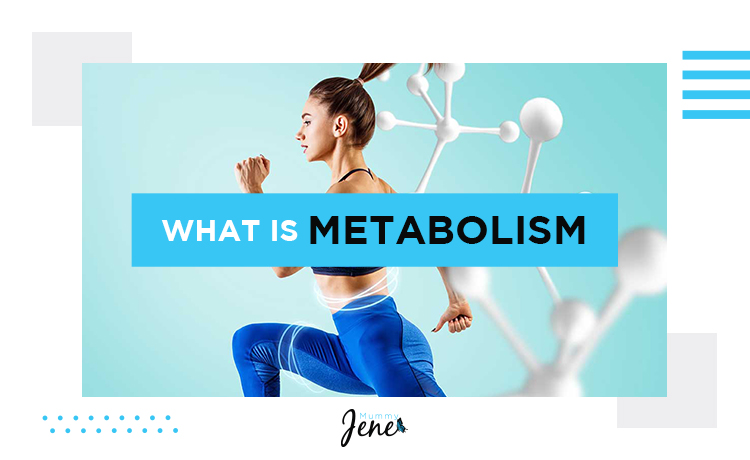Metabolism is a word you probably hear now and then. Usually in association with calories, weight loss/gain regimens, or just food in general. But what is metabolism? What are the implications of metabolic processes on the body, and why should we care about our body’s metabolism? Below we will look at answers to these questions. Metabolism can be a complex concept when described in-depth. However, it is basically how our body interacts with the food we eat. As we may have already guessed, we need to eat to stay alive and carry out the functions of life. We may have also observed that food is important for getting energy. These very insightful observations help us to begin to understand the importance of metabolism.
Metabolism refers to the chemical reactions in the body cells, which help transform nutrients into energy. The food we eat doesn’t directly provide energy for us. The nutrients first have to be extracted from it during the digestive process. Then, these nutrients serve as substrates for chemical reactions that convert them to energy and other forms in which they are stored in the body. The metabolic process in the body is dependent on many chemical reactions. Several proteins control these chemical reactions in turn. These proteins are known as enzymes. Enzymes quicken up the rate of these biochemical reactions in the body’s cells. Without enzymes, biochemical reactions would only proceed at a rate too slow to meet the body’s requirement or even not at all.
How Is Metabolism Carried Out?
The metabolic process is a sequential one. A brief description of it could go like this: we eat food, the food gets broken down into nutrients by the actions of our digestive system. Protein gets broken down into amino acids, fats are split into fatty acids, and then carbohydrates are broken down into simpler sugars. The nutrients are then acted upon by various enzymes and hormones that help in their conversion to energy. Metabolism is a balancing process. When we eat, not all the nutrients are immediately converted to energy. If this were so, we’d find ourselves needing to eat very often and could not tolerate even slightly prolonged periods of not eating. Instead, two processes go on at the same time during metabolism. These are anabolism and catabolism. Catabolism is also known as destructive metabolism. It involves the breaking down of nutrients and their subsequent conversion to energy for our body’s use. Anabolism, by contrast, involves a building up as well as storage. In anabolism, nutrients are not converted to energy right away; instead, they are built up into larger forms and stored in the body. Anabolism supports the growth of new cells, as well as helping to keep nutrients so they can be converted to energy at a later time.
What Are The Implications Of Metabolism?
Metabolism primarily influences how we gain weight and energy from the food we eat. A person with a low basal metabolic rate will gain more weight from calories than someone with a higher basal metabolic rate. They will also tend to be lower on energy. Metabolism can be boosted with the use of metabolism supplements such as Zencoso ball, which help enhance the body’s metabolic rate.








